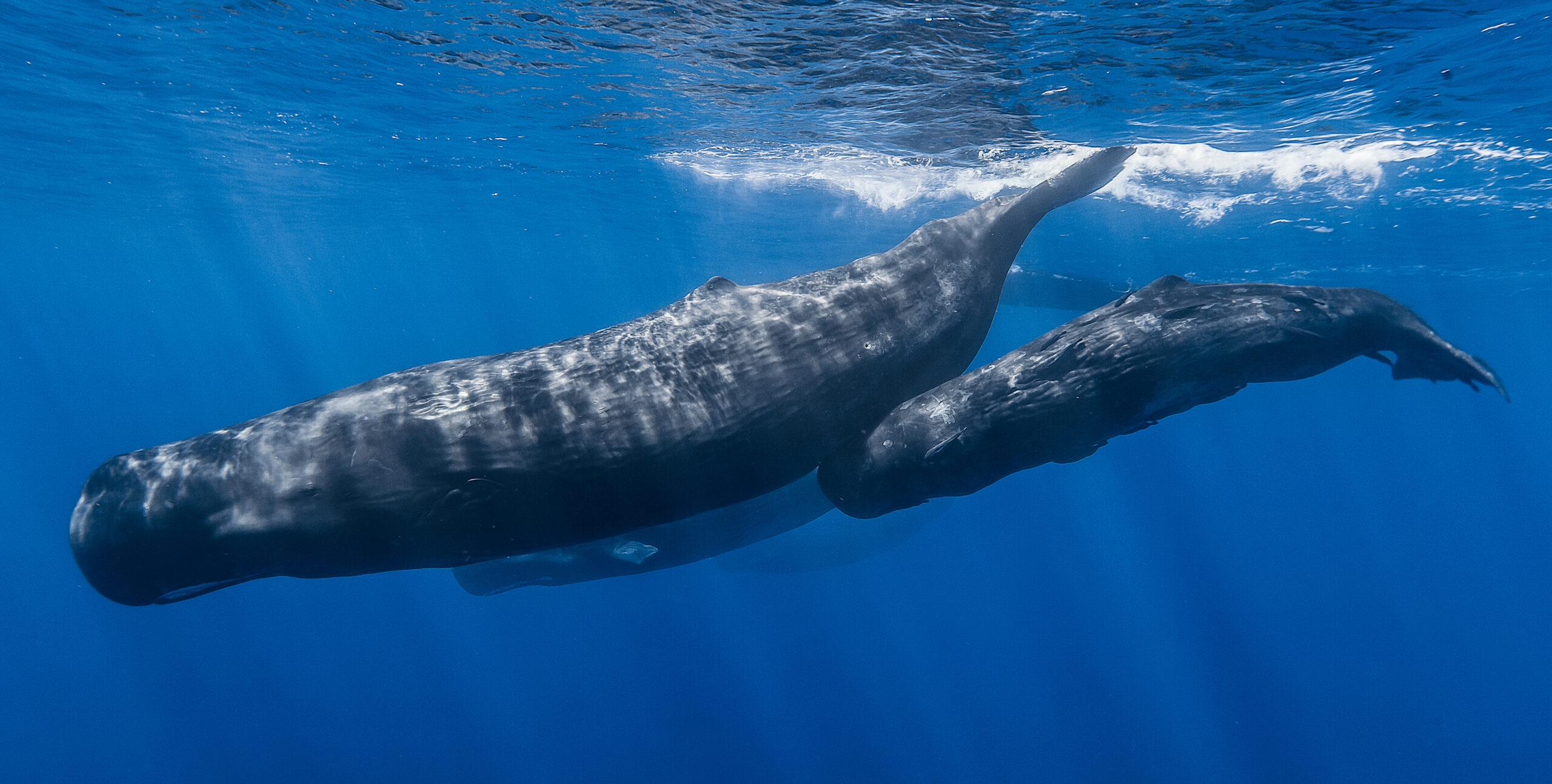Interior Department Will Prepare Stock Assessments for Polar Bears, Walruses, Sea Otters, and Manatees
SAN FRANCISCO- A federal judge approved a settlement May 20th of a lawsuit, brought under the Marine Mammal Protection Act, requiring the federal government to issue updated stock assessment reports for protected marine mammals ranging from Florida to Alaska.
Stock assessments are population estimates that include information on the range of the species and threats to its survival. Two conservation organizations, the Center for Biological Diversity and Turtle Island Restoration Network, filed the lawsuit in 2007 because the Bush administration had failed to take into account the latest information on global warming in management decisions affecting polar bears, walrus, sea otters, and manatees.
The Marine Mammal Protection Act requires that the Secretary of the Interior and the Secretary of Commerce prepare stock assessments for marine mammals. The assessments are meant to be used as the basis for management decisions such as permitting the killing or harassment of the animals from commercial fisheries, oil and gas exploration, boating and shipping, and military exercises. To ensure that decision-makers have the most accurate information, stock assessments are supposed to be revised every year for endangered marine mammals and every three years for other species.
While the Secretary of Commerce – the department responsible for whales, dolphins, and seals – has largely complied with this requirement, the Secretary of the Interior, responsible for polar bears, walrus, sea otters, and manatees, has completely ignored it. The most recent stock assessments for California sea otters and Florida manatees are more than 12 years old, while polar bear and walrus assessments are more than five years old.
“Times have changed since the last stock assessments, and the Arctic sea-ice habitat of the walrus and polar bear is melting away. Yet the Department of the Interior continues to hand out permits to the oil industry as if it were living in the past,” said Miyoko Sakashita, staff attorney with the Center for Biological Diversity. “This settlement is a first step toward bringing Interior into the 21st Century.”
The plight of the polar bear highlights the problems with outdated stock assessments. Since the last polar bear assessment in 2002, the polar bear’s sea-ice habitat has literally been melting away. Now the polar bear is listed under the Endangered Species Act as a threatened species due to threats to its survival, and a study by government scientists concluded that polar bears will be extinct in Alaska by mid-century absent significant greenhouse gas reductions.
Meanwhile, the official stock assessment for polar bears in the Beaufort Sea off Alaska, which is being used as the basis for critical management decisions, states that the population is “stable” and estimated at over 2,000 animals – well over the current best estimate of 1,500 bears and falling. Based on its outdated stock assessment, now egregiously inaccurate, the Department of the Interior issued a blanket authorization under the Marine Mammal Protection Act to the oil industry in the Beaufort Sea to harass polar bears and walrus.
A similar authorization has been proposed for the Chukchi Sea. Stock assessments for the California sea otter and Florida manatee are even more out of date, and have never been revised since the first reports were issued in 1995. Recent years have been particularly deadly for manatees, with dozens killed by collisions with vessels and disease, while otters have suffered from disease outbreaks.
“Good management comes from using the best available science and having the political will to do what’s right. We have seen neither in the past eight years. This settlement agreement should begin to turn this situation around for species ranging from manatees to polar bears,” said Todd Steiner, executive director of Turtle Island Restoration Network. “The impacts of climate change, industrial fishing, and ocean oil drilling must be considered if these species are going to survive in the wild.”
The settlement ensures draft revised population stock assessments for California sea otter, the Washington stock of the sea otter, and three sea otter stocks in Alaska in 2008. New draft reports will be available in early 2009 for Pacific walrus, two polar bear stocks in Alaska, the Florida manatee, and the Antillean manatee in Puerto Rico. More information is available at www.biologicaldiversity.org.
The Center for Biological Diversity is a nonprofit conservation organization with more than 40,000 members dedicated to the protection of endangered species and wild places. www.biologicaldiversity.org. Turtle Island Restoration Network is an international marine conservation organization headquartered in California whose 10,000 members work to protect sea turtles and marine biodiversity in the United States and around the world. For more information, visit www.SeaTurtles.org. ###




